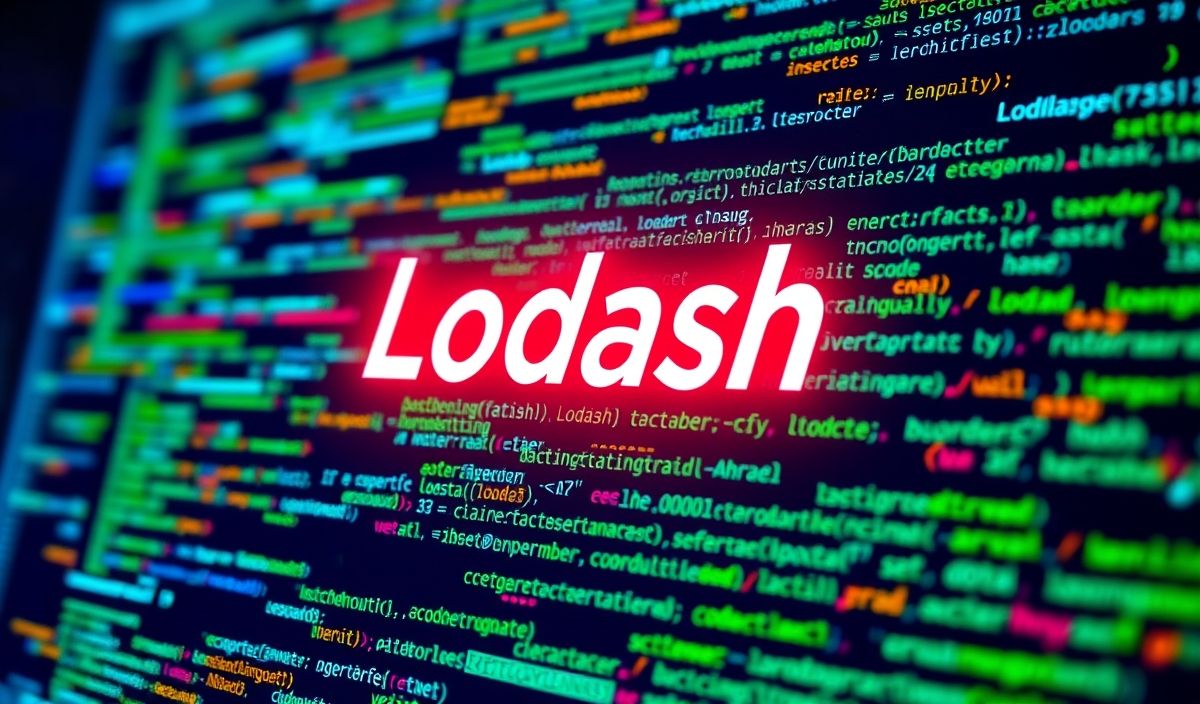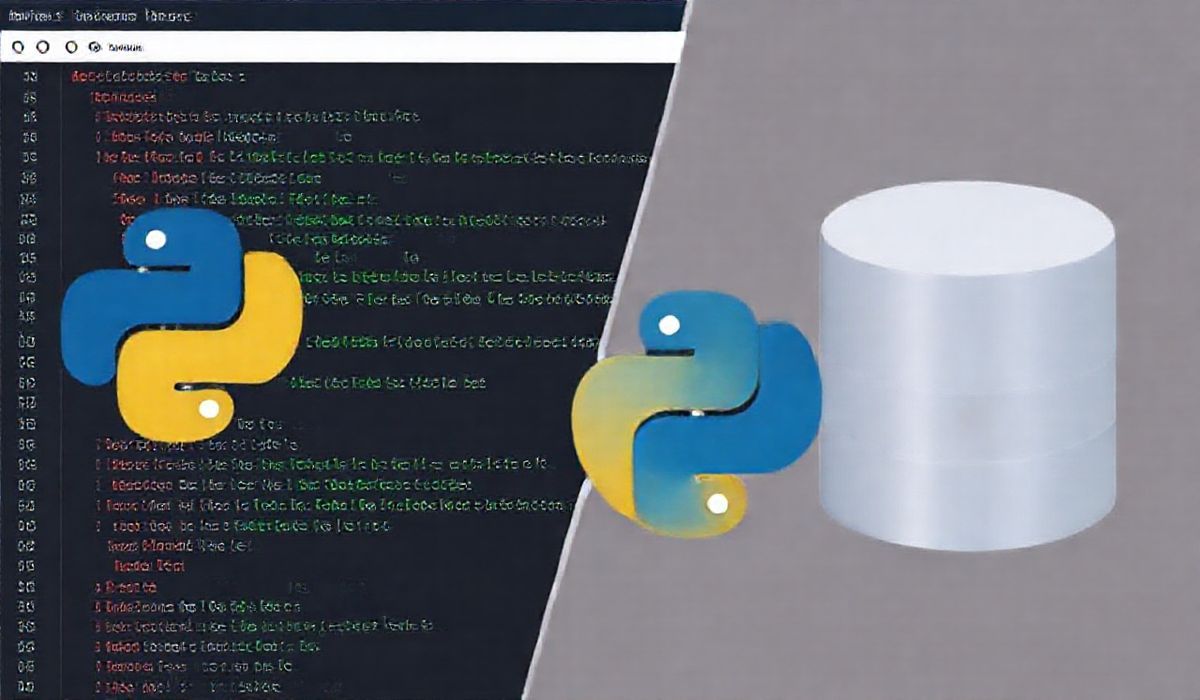Introduction to Lodash
Lodash is a powerful JavaScript utility library offering a plethora of functions designed to make common tasks easier and more efficient. From array manipulation to deep cloning objects, Lodash provides a consistent API that works across different browsers and environments. Let’s dive into some of its most useful APIs, complete with practical examples.
Commonly Used Lodash Functions
1. _.chunk
Splits an array into chunks of a specified size.
const _ = require('lodash'); const array = [1, 2, 3, 4, 5, 6, 7, 8]; const chunks = _.chunk(array, 3); console.log(chunks); // [[1,2,3], [4,5,6], [7,8]]
2. _.random
Generates a random number between specified lower and upper bounds.
const randomNum = _.random(1, 100); console.log(randomNum); // e.g., 57
3. _.cloneDeep
Creates a deep clone of a value, ensuring all nested objects and arrays are also cloned.
const objects = [{ 'a': 1 }, { 'b': 2 }]; const deepClonedObjects = _.cloneDeep(objects); console.log(deepClonedObjects[0] === objects[0]); // false
4. _.merge
Recursively merges own enumerable string keyed properties of source objects into the destination object.
const object = { 'a': [{ 'b': 2 }, { 'd': 4 }] }; const other = { 'a': [{ 'c': 3 }, { 'e': 5 }] }; const merged = _.merge(object, other); console.log(merged); // { 'a': [{ 'b': 2, 'c': 3 }, { 'd': 4, 'e': 5 }] }
5. _.debounce
Creates a debounced function that delays invoking the provided function until after a specified wait time has elapsed.
const logMessage = () => { console.log('Hello, Lodash!'); }; const debouncedLogMessage = _.debounce(logMessage, 2000); window.addEventListener('resize', debouncedLogMessage);
6. _.throttle
Creates a throttled function that only invokes the provided function at most once per specified wait time.
const updatePosition = () => { console.log('Updating position'); }; const throttledUpdatePosition = _.throttle(updatePosition, 1000); window.addEventListener('scroll', throttledUpdatePosition);
App Example with Lodash APIs
Here’s a simple app that demonstrates the use of some of the aforementioned Lodash functions:
const _ = require('lodash');
// Sample Data const users = [
{ 'user': 'barney', 'age': 36, 'active': true },
{ 'user': 'fred', 'age': 40, 'active': false },
{ 'user': 'pebbles', 'age': 1, 'active': true }
];
// Using _.filter and _.map const activeUsers = _.filter(users, 'active'); const userNames = _.map(activeUsers, 'user'); console.log('Active Users:', userNames);
// Using _.sortBy const sortedUsers = _.sortBy(users, ['age']); console.log('Users sorted by age:', sortedUsers);
// Using _.forEach _.forEach(users, (user) => {
console.log(user.user + ' is ' + user.age + ' years old.');
});
// Using _.keyBy const usersKeyBy = _.keyBy(users, 'user'); console.log('Users KeyBy:', usersKeyBy);
These examples illustrate how Lodash can simplify your development by providing utility functions that handle common programming tasks. By utilizing Lodash, you can write cleaner, more efficient code, reducing the likelihood of errors and improving maintainability.
Hash: 94a755535d135f12850ccd5848d10cc7266bbcdb74ad22c7817228ce7abaa506




